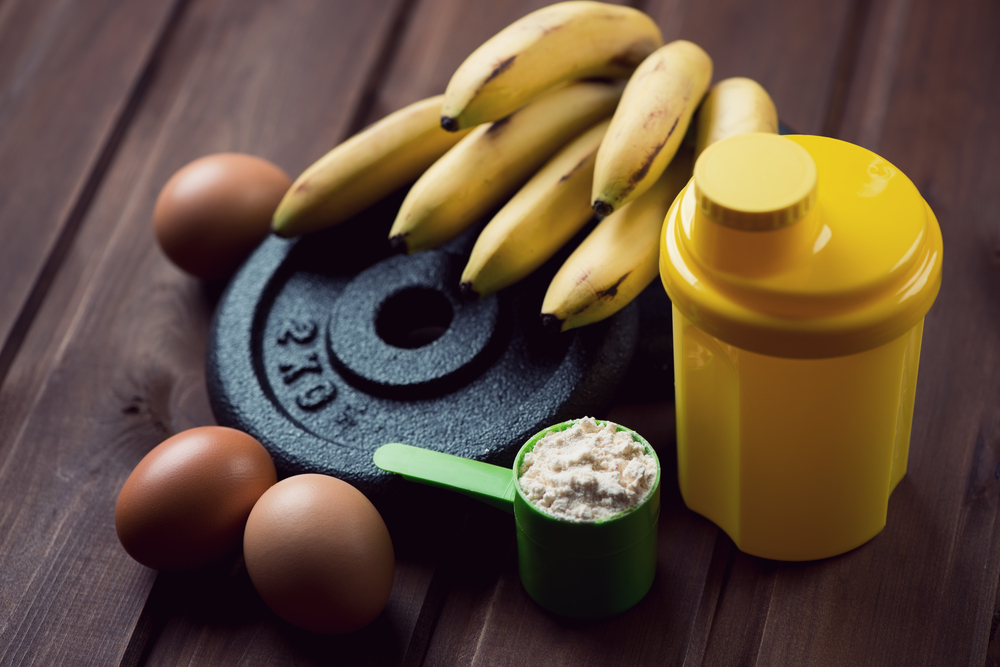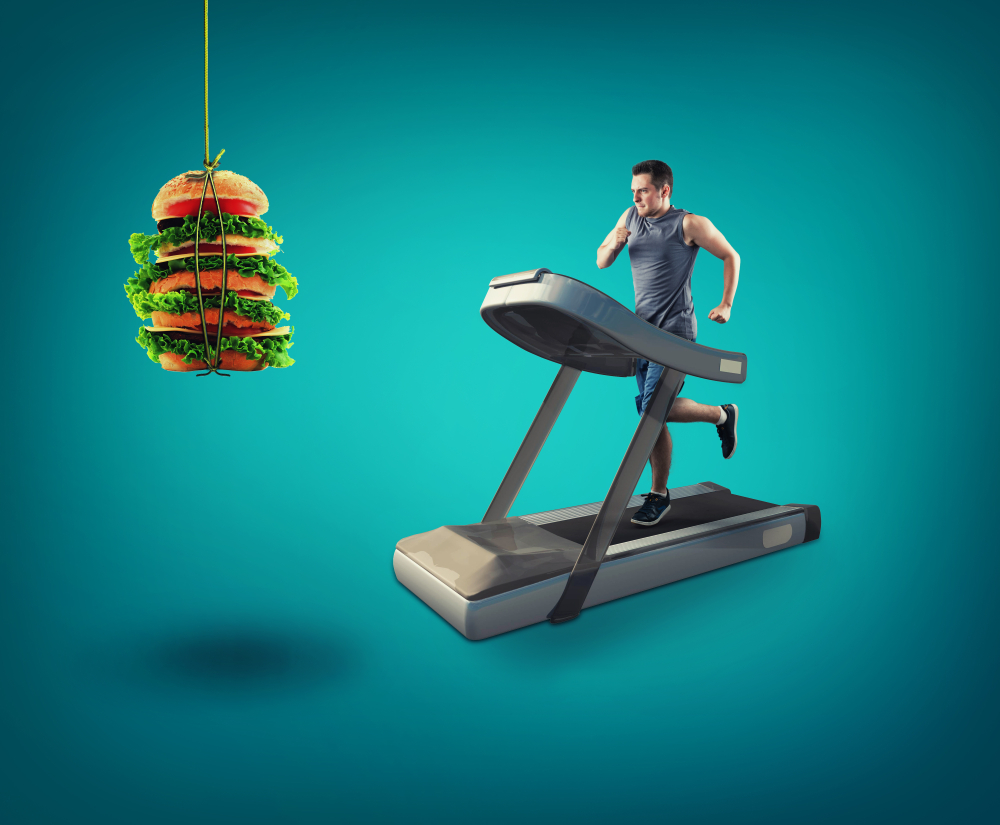Are you following your sports programme to the letter but not achieving the desired sports performance? You are probably lacking knowledge about the second piece of the puzzle: sports nutrition, a diet adapted to sports practice.
Knowing the key principles of sports nutrition is essential if you want to maintain intense physical activity over the long term because having good eating habits helps with muscle growth and recovery. In this article, we will first look at the basic principles of a balanced diet before analysing the specific aspects of sports nutrition.
The basic principles of a balanced diet
Whether you are a sportsman or not, there are some basic principles to follow for a healthy diet:
-Eat quality food. Avoid as much as possible refined and processed foods that provide "empty calories", i. e. calories that are very low in micronutrients (vitamins and minerals). This is because any processing of food affects its natural fibre, vitamin and mineral content. So make sure you choose whole foods in their natural state, such as whole grains (naturally high in fibre) and unprocessed fruit and vegetables. At the other end of the spectrum, avoid industrial ready meals, flours and other refined foods.
- Make sure your food comes from the right place. Choosing organic ingredients will help you avoid synthetic pesticides, antibiotics and growth hormones, which are present as residues in many foods. In any case, whether you choose to eat organic or not, make sure that your food goes through a short circuit (maximum one intermediary between the producer and you), for a better traceability of the quality of the products you consume.
-Variety in your diet. You have probably heard that you should vary your diet. The reason why a varied diet is so important is that we need a minimum intake of all 13 vitamins and 22 minerals from the foods around us every day. Instead of having to study all the foods you eat in detail, eating a varied and balanced diet will ensure that you get enough of all the vitamins and minerals you need.
-Sleep well. If you are concerned about your health, you should know that getting enough sleep at regular times has a greater impact on your health than your diet or physical activity. Just like eating, sleeping helps you to recover after exercise.
The key elements of sports nutrition
Whatever your sporting aspirations, whether you want to improve your stamina, strength, increase muscle mass, lose weight or if you just want to keep fit,it is important to eat well.
Here are the basic principles for eating well as a sportsman:
-Tailor your calorie intake to your goals. If your goal is mass gain, a significant calorie excess is necessary so that the excess calories can be stored in muscle tissue. If you want to lose weight, on the other hand, you will need to consume fewer calories than the amount you expend. To be sure, use a mobile application to calculate your calorie intake and expenditure or consult a nutritionist.
-Eat protein 30 minutes after each sporting activity. As well as eating protein with every meal, make sure you eat protein as soon as possible after your workouts. This will help you recover when your body needs it most.
-Vary your protein sources. Many athletes tend to think of animal proteins (such as red meat, poultry, fish, dairy products and eggs) when they think of their protein intake. A number of animal proteins have high levels of saturated fat (white meat and white fish are two notable counter-examples) which can increase the risk of obesity and cardiovascular disease in particular.
Fortunately, this can be compensated for quite easily by increasing your intake of low-saturated fat plant proteins such as pulses (such as lentils, kidney beans, split peas and chickpeas), oilseeds (such as soybeans, flaxseeds, sunflower seeds, sesame seeds and poppy seeds) and oilseed fruits (such as walnuts, hazelnuts, pistachios, almonds, pecans and cashew nuts). In addition, most plant proteins are rich in dietary fibre, vitamins and minerals that help your body function properly. The only plant ingredients that contain a high level of saturated fat are palm oil and coconut.
-Consume carbohydrates before your workouts. While some protein diets urge you to cut back on carbohydrates, carbohydrates will improve your performance during each exercise by increasing your glycogen stores. Eating carbohydrates before training is therefore particularly important for those aiming to gain mass and those wishing to increase their endurance, for whom complex carbohydrates will be their greatest asset. On the other hand, for people who are physically active because they want to lose weight, consuming carbohydrates before training will be counterproductive as it will cause a spike in insulin which will slow down fat burning.
-Hydrate before, during and after exercise. It may seem obvious, but hydrating well is even more important for athletes who tend to become dehydrated during and after each exercise.
-Be patient. Some drastic diets can bring you interesting results in the short term, however, these diets are difficult to maintain over time. By simply changing your eating habits one after the other (or giving yourselfcheat meals), you will have much better long-term results than if you follow temporary diets and you will also avoid going through a "yo-yo" phase (juggling diets), which is bad for your health.
Conclusion
Sports nutrition is above all about having a healthy and balanced diet, choosing quality food and being aware of your aspirations in order to adapt your diet and optimise your sports performance in a healthy and sustainable way.



